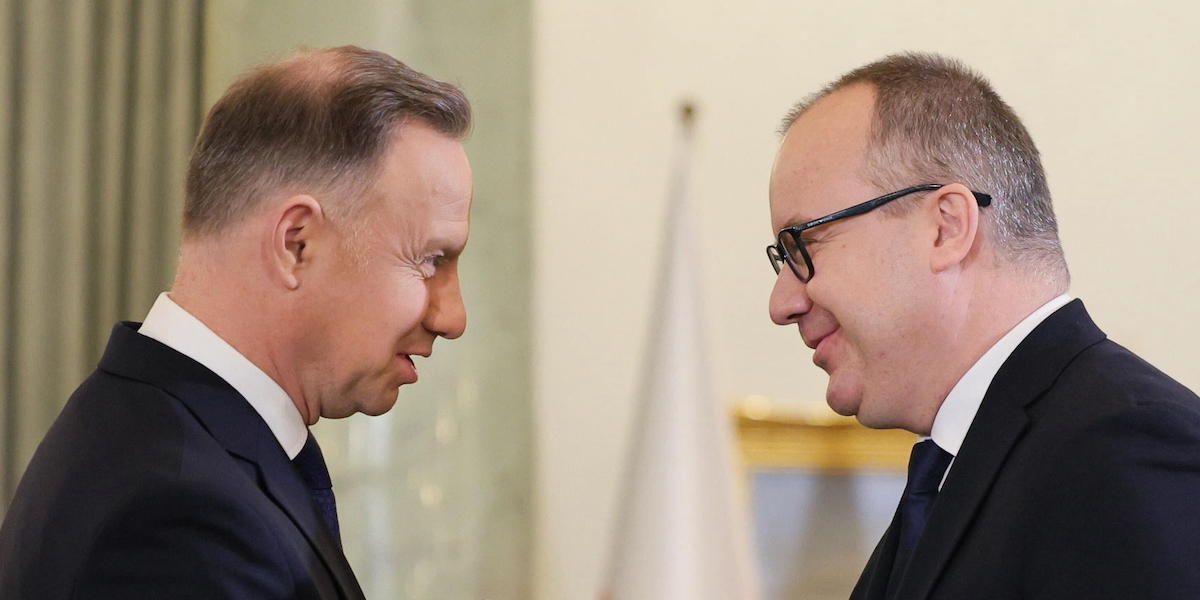The government of Polish Prime Minister Donald Tusk (pro-European and centrist) has introduced a bill intervening in the body that selects and appoints judges: the first step for the new government to restore the independence of the judiciary, and to undo the counter-productive reforms undertaken by the previous government.
Introducing the proposal, Justice Minister Adam Bodnar explained that this law and the law that will follow it are intended to reverse the effects of the reform carried out by the nationalist (far-right and Eurosceptic) PiS government in 2017, which, among other things, moved Parliament to enjoy With the power to appoint more than half of the twenty-five officials of the National Council of the Judiciary, the body that selects and appoints judges and proposes their career advancement: until then other judges had elected them.
The 2017 reform was followed by several reforms that effectively allowed Law and Justice to take control of the Polish judiciary and courts: above all, the creation of an internal disciplinary committee within the Constitutional Court whose aim was to punish judges deemed overly politicized.
Many considered these reforms incompatible with the separation of powers on which democracies are based, and they became the main cause of the institutional clash with the European Union. The Polish government, led by the Law and Justice Party, promised to change it, but it never fulfilled its promise.
This impasse, which also concerned several other Law and Justice decisions, essentially led to an interruption in the provision of European funds to Poland: it did not receive funds from the Next Generation EU, also known as the Recovery Fund, i.e. the large financing scheme granted by the EU. The European Union to member states to contain the economic crisis caused by the epidemic, nor the so-called cohesion funds, that is, funds from the multi-year EU budget that are distributed mainly to the poorest countries. Poland is the main beneficiary of cohesion funds and one of the main funds of the Recovery Fund, and its suspension was creating huge economic and political problems for the PiS government.
With the new government, things are bound to change: Tusk has in fact promised to intervene in the reforms of his predecessors and return the Polish judicial system to a form closer to that followed by other EU countries. While presenting the reform, Bodnar stressed that it is an “essential” project and that “we will restore the rule of law step by step.” However, he explained that it will not be a simple process: although the new law will likely pass through Parliament, many details of the measure will have to be negotiated with President Andrzej Duda, whose signature is necessary for final approval. However, Duda has been at the center of a very intense political conflict with the Tusk government for several months and is trying in every way to obstruct the new political course, even going so far as to use his powers in a questionable way.

“Coffee fan. Tv specialist. Social media aficionado. Zombie geek. Evil analyst. Web expert.”







More Stories
The US has provided startling evidence that Covid leaked from a Wuhan laboratory
They left the cruise ship without medicine, what happened to the elderly couple
Place of safety ship assigned to the port of Naples